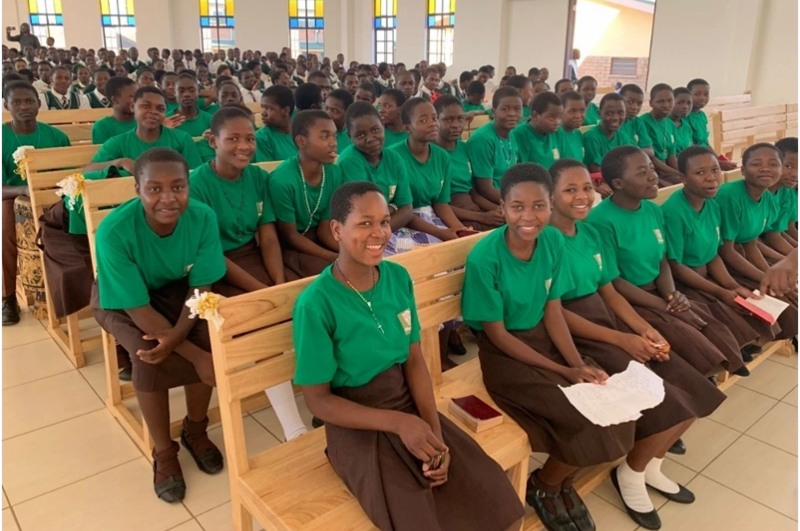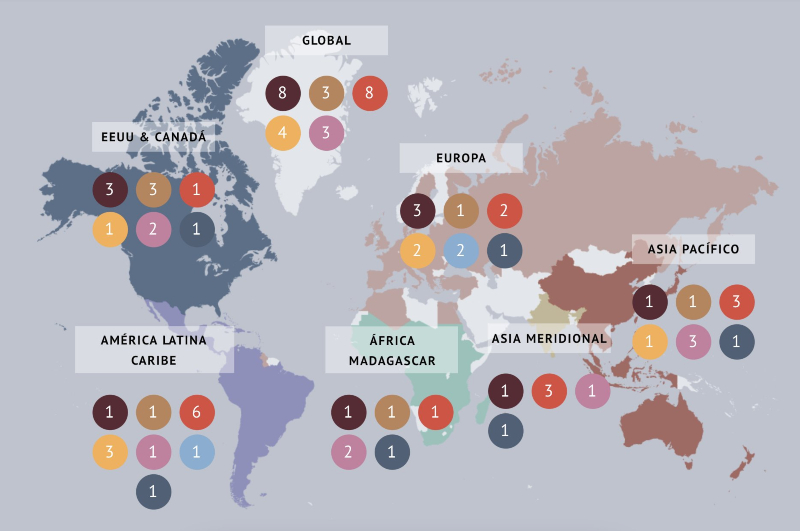

Benjamin, a young refugee living in Malawi’s Dzaleka Refugee Camp, has always dreamed of becoming an IT specialist.
"I had this dream because I felt like with the knowledge of IT and the problems that my community faces, I would be able to use the skills to solve some of the challenges using technological solutions," he shares.
Thanks to a groundbreaking partnership between Saint Louis University (SLU) and Jesuit Worldwide Learning (JWL), Benjamin is now one step closer to achieving his dream. He is among the first 16 refugee students enrolled in SLU’s online Bachelor of Arts in General Studies with a Concentration in Computer Information Systems. This program is offered at no cost to the students, reflecting the Jesuit mission of serving marginalized communities through education.
Father General Arturo Sosa SJ recently emphasized the importance of Jesuit universities striving for greater service through education. This mission aligns perfectly with the Universal Apostolic Preferences, which guide Jesuit institutions to leverage their networks to serve those most in need. For universities seeking to engage in this mission, partnerships like the one between SLU and JWL offer a powerful way to reach marginalized communities.
Peter Balleis SJ, Executive President of JWL, highlights the impact of this collaboration: "This bachelor’s degree offered by SLU increases the diversity of academic programs and allows JWL to scale to reach even more young people at the margins." The program is part of JWL’s stackable learning path, which also includes a Bachelor of Arts in Sustainable Development, accredited by XIM University.
SLU provides 50 scholarships annually to students in both the Dzaleka and Kakuma Refugee Camps in Kenya. Eligible students begin by completing a one-year foundational program, such as the Certificate in Liberal Studies (accredited by XIM University) or the Pre-STEM Certificate (with Creighton University as the school of record). They then transfer 30 credits to SLU and complete the remaining 90 credits required for the degree.
The success of the SLU-JWL partnership is built on a robust support system. JWL offers a safe community learning center, internet access, laptops or tablets, and onsite learning facilitators. SLU, in turn, provides the learning platform, online instruction, courses, and program staff, ensuring that refugee students receive the same high-quality education as any other SLU student.
Benjamin is grateful for this opportunity. "I’m thankful to JWL and Saint Louis University for bringing this degree to us. In refugee camps, it’s hard to find opportunities like this because most people don’t see the need to offer degrees in areas like computer information systems," he says. Indeed, only 7% of refugees worldwide have access to higher education.
Patricia Bass, SLU-JWL Program Director, shares her pride in the initiative: "I am proud to work for a university that takes the Jesuit commitment to educational access seriously. By including displaced talent, this program enriches the whole SLU community."
Through initiatives like this, universities can respond to the call for quality higher education in marginalized communities, empowering youth in areas most affected by poverty, conflict, and climate change. Many, like Benjamin, are eager to seize these opportunities and fully realize their potential, contributing to a brighter future for themselves and their communities.
Story courtesy of: International Association of Jesuit Universities
Related Articles
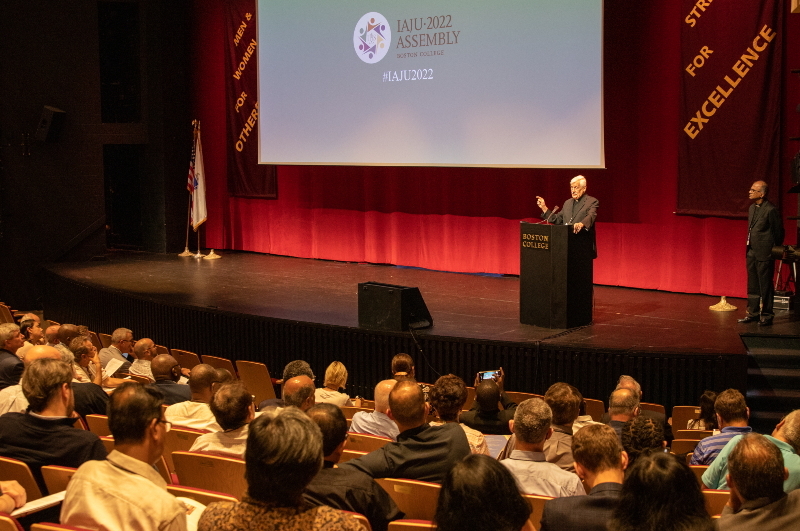
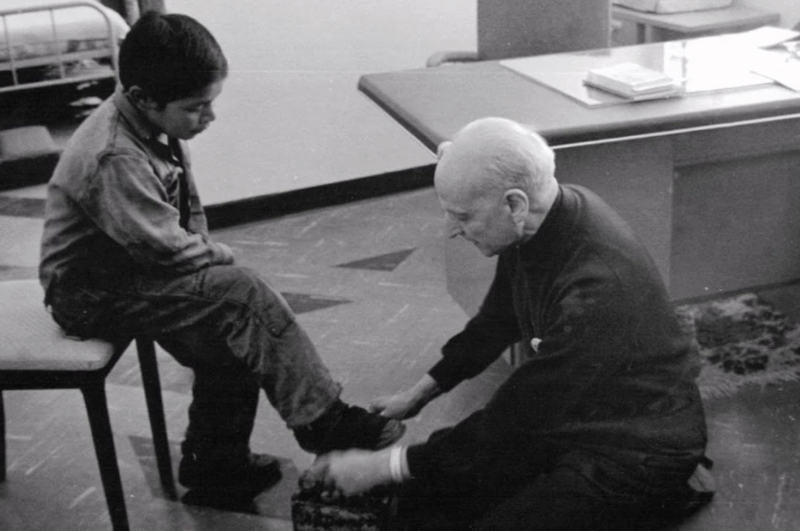
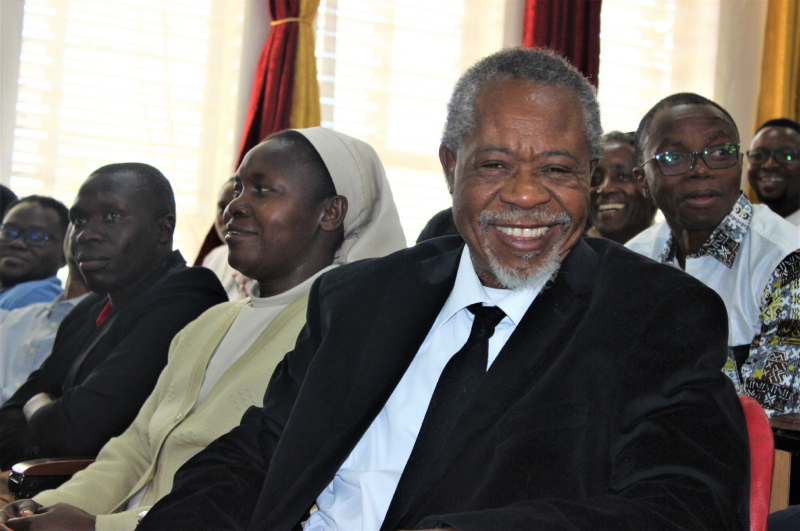
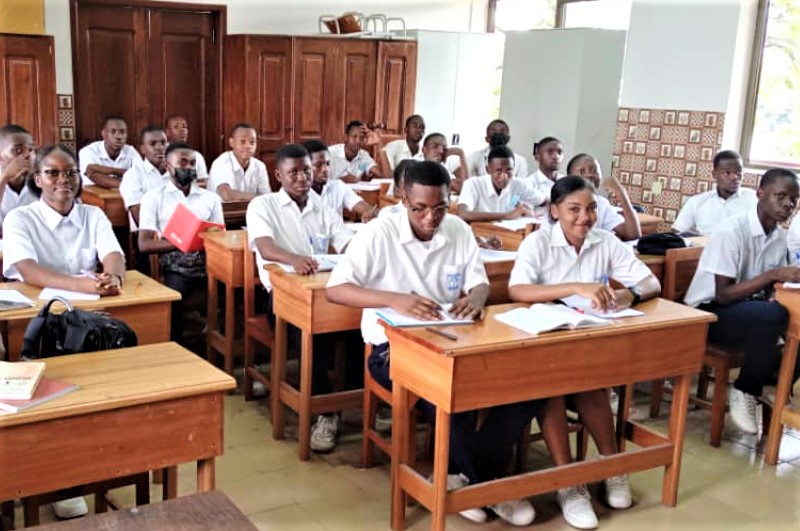
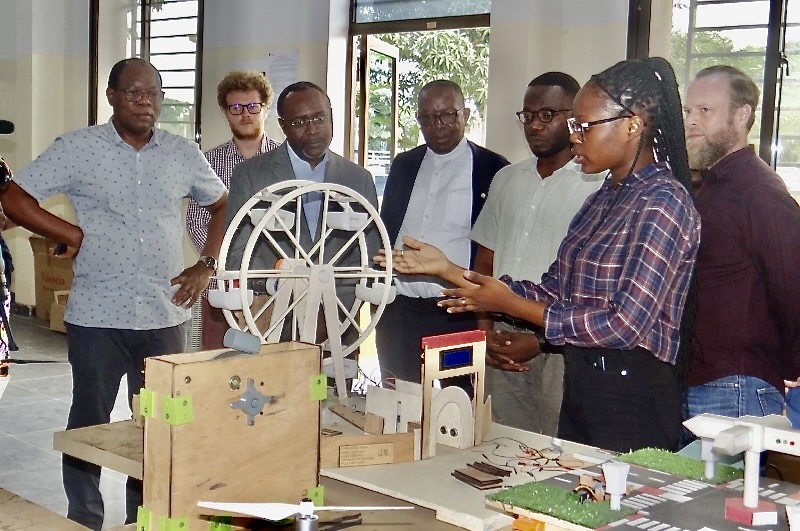
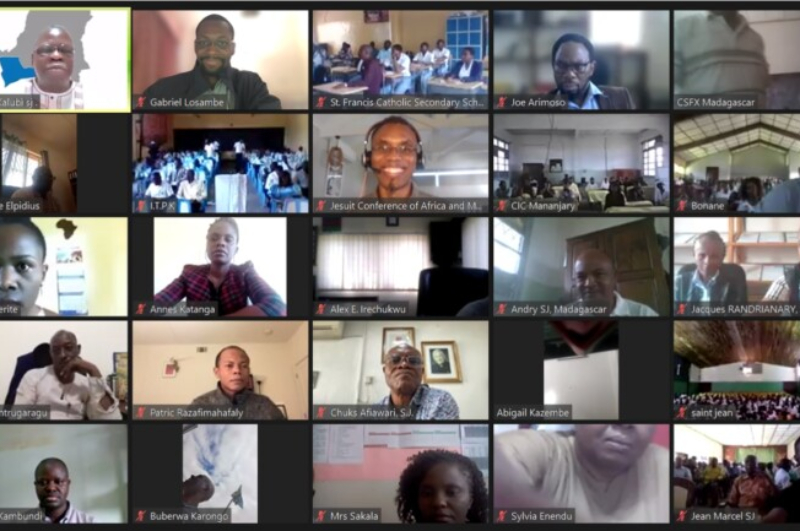
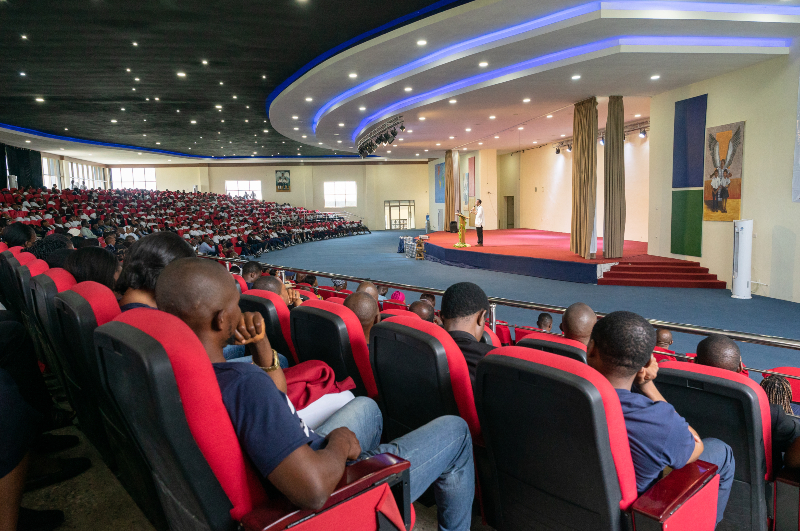
Select Payment Method
Pay by bank transfer
If you wish to make a donation by direct bank transfer please contact Fr Paul Hamill SJ treasurer@jesuits.africa. Fr Paul will get in touch with you about the best method of transfer for you and share account details with you. Donations can be one-off gifts or of any frequency; for example, you might wish to become a regular monthly donor of small amounts; that sort of reliable income can allow for very welcome forward planning in the development of the Society’s works in Africa and Madagascar.
Often it is easier to send a donation to an office within your own country and Fr Paul can advise on how that might be done. In some countries this kind of giving can also be recognised for tax relief and the necessary receipts will be issued.



